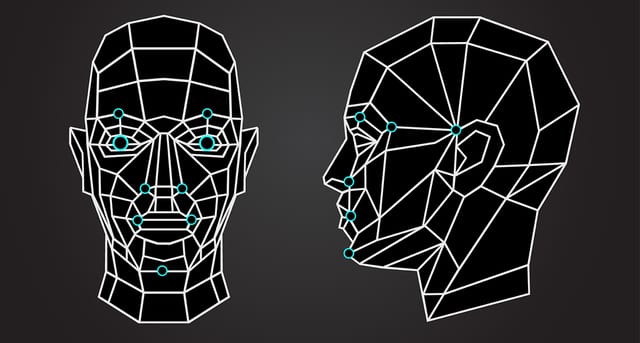Google Wins Facial Recognition Lawsuit Via Dismissal
Well, it looks like Big Tech wins again. The much-anticipated result of Google’s facial recognition lawsuit is finally upon us. Sadly, we’re looking at nothing more than a dismissal. What was once a lawsuit that may overturn how Big Tech companies handled our data, now is nothing more than another win in Google’s pocket. Read on for the full story.

Google Wins Facial Recognition Lawsuit Via Dismissal
Google’s Facial Recognition Lawsuit – The Full Story
In April 2016, a woman called Lindabeth Rivera filed a lawsuit against Google’s facial recognition technology. In the lawsuit, Rivera claimed that Google had collected her biometric data without her explicit consent. Rivera filed the lawsuit in Illinois, one of two states that have laws that regulate how companies use biometric data.
Illinois forbids companies from collecting or storing biometric data via BIPA. This stands for the Biometric Information Privacy Act, which the state silently passed in 2008.
Sadly, a little over a year from when the lawsuit was filed, Google has come out victorious. District Judge Edmond E. Change said that the suit had no evidence of “concrete injuries”. The judge then dismissed the lawsuit this past Saturday.
What This Means For the Future
We can’t really tell how dismissing a facial recognition lawsuit will affect the future of biometrics. The judge dismissed the case on the bases of a lack of “concrete injuries” on the plaintiffs’ behalf.
Yes, in a lawsuit against the use of data without consent, a judge basically said “Oh it’s ok! At least they didn’t do anything bad with it!”
The thing is that Big Tech companies have been actively trying to push for amendments to BIPA for some time now. Thankfully, they haven’t been successful yet. However, the dismissal of this particular case may embolden these companies to look for vague terminology within the bill. BIPA is supposed to stop private companies from using your data without explicit consent. To dismiss a lawsuit because the data, which was taken without consent, didn’t do any harm is mind-baffling. This could very well set a dangerous precedent, especially since 2 more similar lawsuits are currently passing through the Illinois Supreme Court.
Google’s Facial Recognition Lawsuit – Final Thoughts
It doesn’t make me happy ending the year at such a low note. Honestly, I’m a little disappointed with how the judge ruled over this case. The idea of allowing the public to consent to their data being collected should be sacred by now. Sadly, it looks like Big Tech companies are able to lobby their way through anything, even a bill known to be America’s toughest Data privacy law to date.





